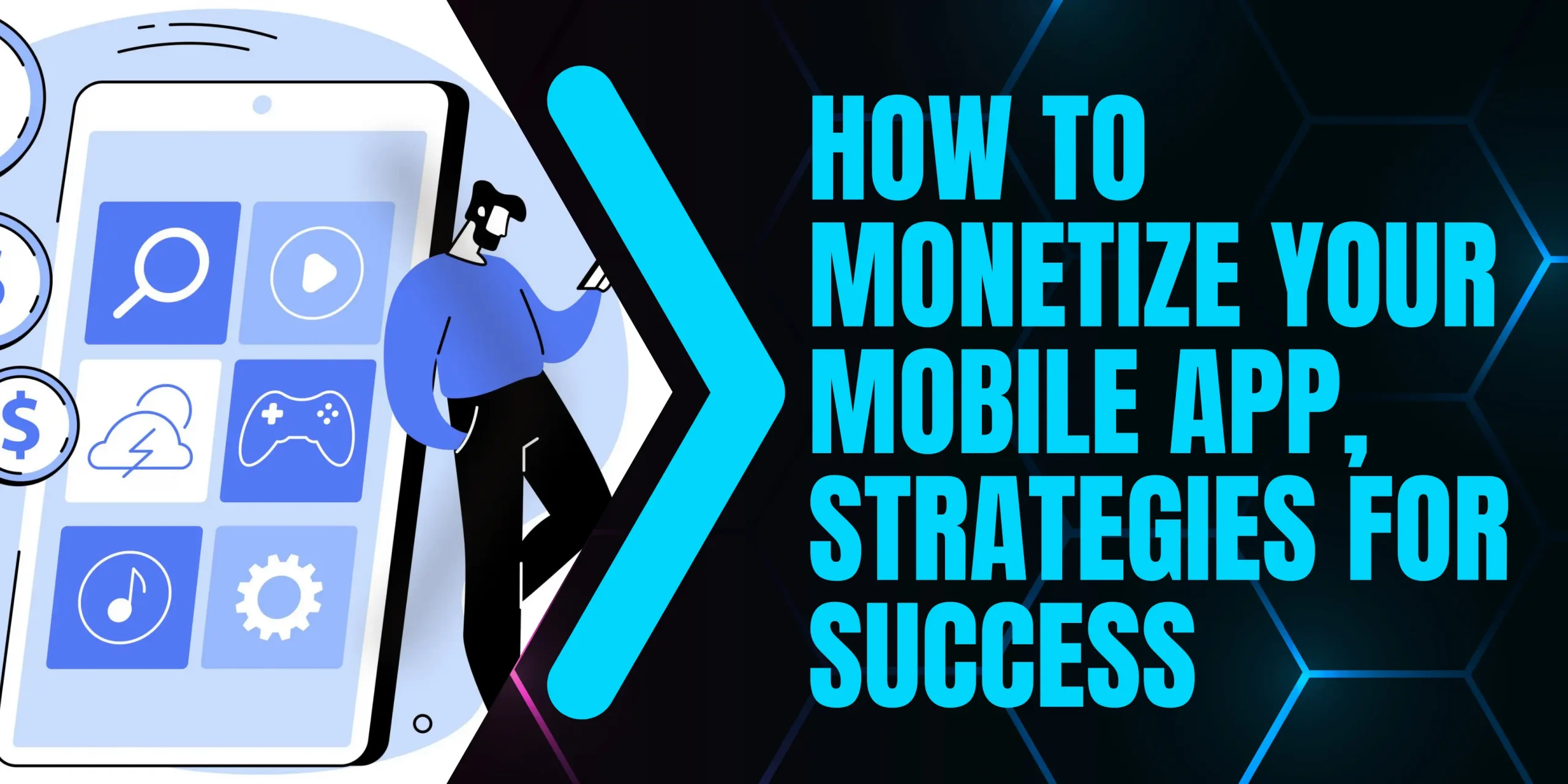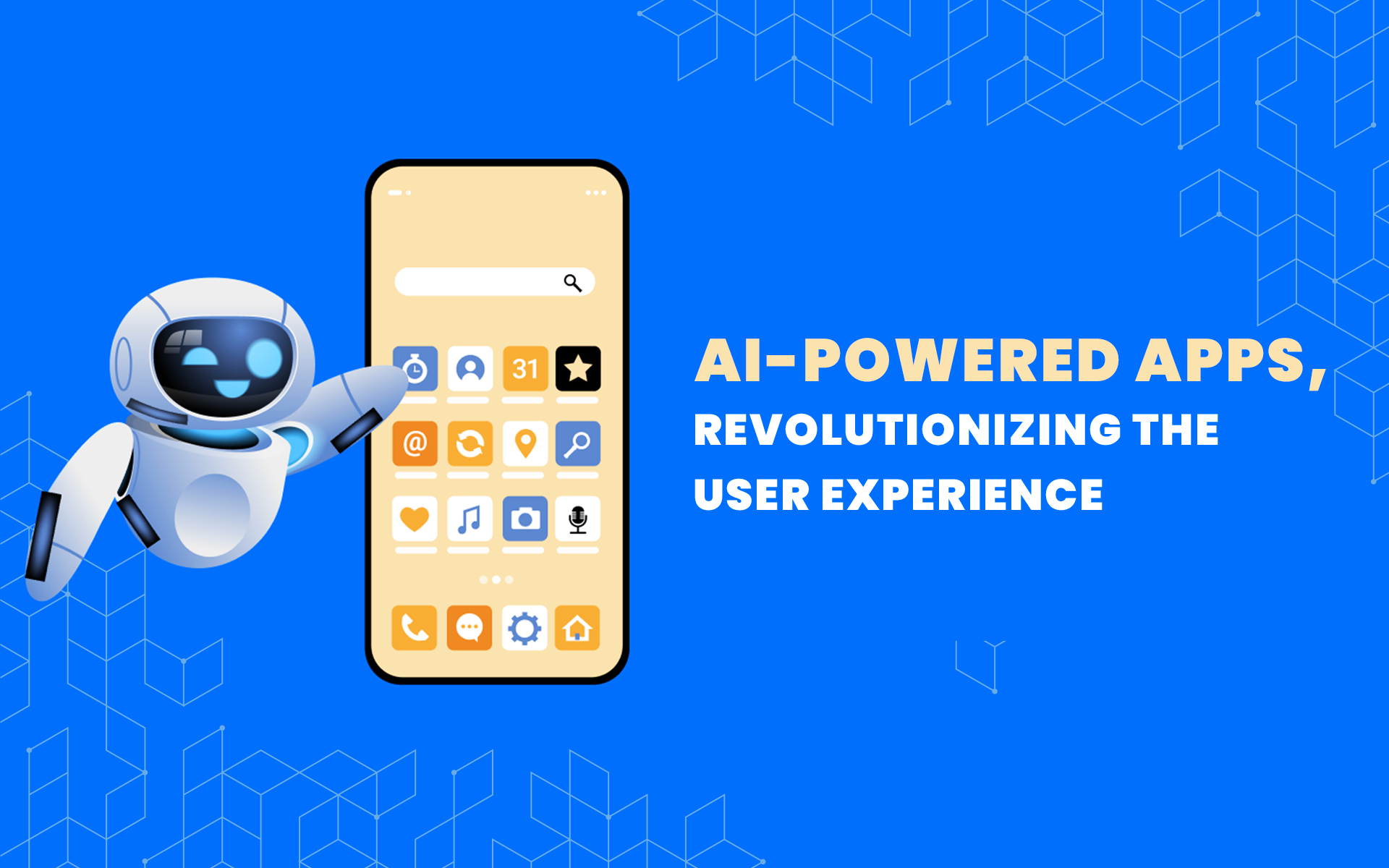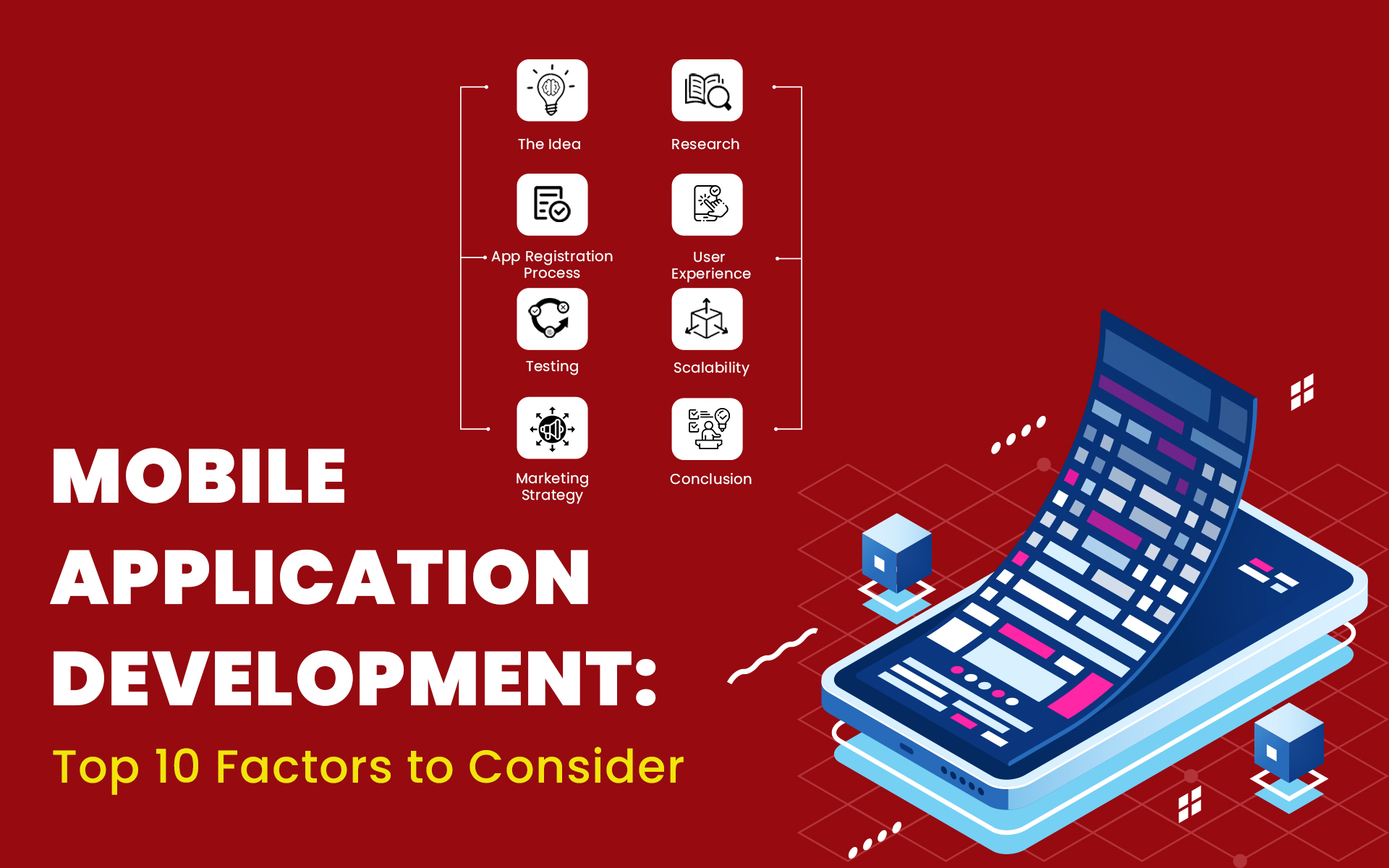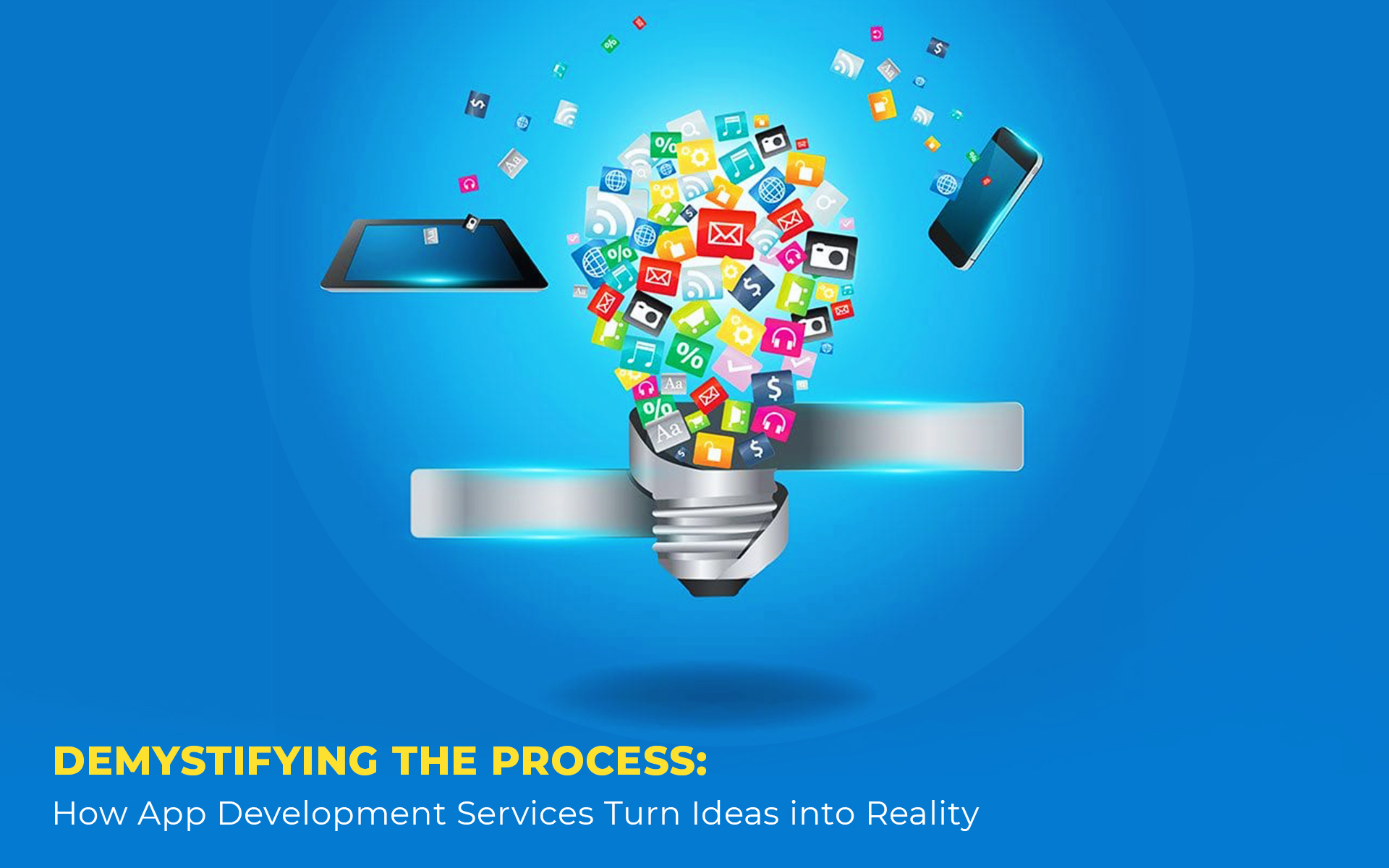Transform your Mobile App to a Revenue Powerhouse. Wondering how it can be possible? Here, learn the strategies that guarantee success and profitability. We know how mobile app development is getting recognized globally, elevating customer engagement, and more. According to Statista, around 299 million apps are downloaded worldwide annually; therefore, monetizing your mobile app is essential. You can generate revenue even without charging a download fee through mobile app monetization. Interesting, isn’t it?
Let’s explore some excellent strategies below:
Email List
Email is a fantastic tool to earn more customer engagement. It aids in turning leads into money; the strategy behind it is that individuals rarely change their email addresses. Thus, email marketers must develop creativity so customers see and engage with it. Well, no doubt, a regular flow of emails can let your brand pour into the customer’s mind and make the customer buy something from your business.
As per the study of Wiselytics, email has a total life span of 12 days, irrespective of Facebook and tweets, with a few hours of lifespan. Therefore, add features like an email subscription in your app to collect email addresses.
Even in-app subscription-based monetization will enhance your app and allow users to enter their emails. Always show some critical benefits for email subscribers to boost the idea. No matter your email strategy, whether you are about to promote your blogs or regular newsletter or need promotions or deals, you can let your customers come back to your app even after being away for a while.
In-App Purchases
One popular mobile app monetization model is IAPs (In-app purchases); around 50% of non-game apps and 79% of game apps implement the in-app purchase monetization model. This model is helpful if you want to sell virtual goods, content, or more after downloading the mobile application, so opting for IAPs is the best choice. It’s also called a “freemium” app; here, users pay no upfront cost but pay for gated features. If your company sells physical goods, you can let customers order your goods straight from the app and have them dispatched. Additionally, consumers can choose in-app charging if they operate a service-based business.
You may be astonished that Pokémon Go earned $2 billion using this trick within two years of its launch.
Affiliate Marketing for Apps
Affiliate marketing for apps is a crucial part of mobile app monetization models. Many major companies, such as Apple, Microsoft, Google, and others, have affiliate programs for app developers. It encompasses promoting other apps into your mobile app, thus offering commissions. Affiliate marketing for apps has numerous advantages. It is cheap for the users as it aids in generating revenue from an app and building brand relationships through promoting and selling products or services within the app.
Subscription-Based Monetization
The subscription model encompasses a recurring fee that users pay monthly or yearly to access your app’s premium features. It aids in generating revenue. The study shows that subscription-based monetization can drive 80% of the total app revenue and the demonstrated magnetic monetization if implemented appropriately. Apps dealing with media, content, productivity, gaming, education, and news are generally best suited for the subscription model.
The advantages include recurring revenue, high customer lifetime value, a chance to deliver premium features, varied subscription tiers, and more. Free trials, making easy cancellations, not limiting free features too heavily, and automating retention communications are a few best practices to maximize subscriptions.
Sponsorship/ Partnership
Consider collaborating with a company with similar customers to yours to significantly increase your app’s revenue. Providing integrated experiences like integrating services with a partner may benefit businesses and customers. Forming partnerships may increase the reach of your business by hosting and exchanging adverts. As demonstrated by the Angry Birds and McDonald’s collaboration, which raised brand exposure and introduced the game to a new generation of players, sponsorships may also be significant to the mobile app economy. Ensure your app can draw sponsors and consider offering profit-sharing or a monthly sponsorship fee in exchange for sponsorships.
Choosing the right strategies is crucial to empower app monetization. Maximizing monetization success in the interim may be achieved by optimizing based on user feedback. Apart from the methods mentioned above, there are various others that you must be aware of before embarking on your mobile app monetization journey, such as solid content strategies, a freemium model, native ads to improve CTR, and more.
Frequently Asked Questions:
1: What are the best ways to monetize a mobile app?
Answer: There are several effective strategies for monetizing a mobile app:
- In-App Advertising: Displaying ads within your app is a common way to generate revenue. Options include banner ads, interstitial ads, and rewarded video ads.
- In-App Purchases (IAPs): Allow users to buy virtual goods, extra features, or content directly within the app. This model works well for games and apps with premium content.
- Freemium Model: Offer a free version with basic features and a premium version with advanced features. This can be a one-time purchase or a subscription.
- Subscription Services: Charge users a recurring fee (monthly or yearly) for access to exclusive content or features.
- Sponsorships and Partnerships: Partner with brands or companies that align with your app’s content or audience, providing a source of revenue through sponsorships or co-branded content.
- Affiliate Marketing: Promote third-party products or services within your app and earn a commission on sales generated through your app.
2: How do I choose the right monetization strategy for my app?
Answer: Choosing the right monetization strategy depends on several factors:
- Target Audience: Understand your users’ preferences and willingness to pay. For example, younger audiences may respond well to ads and in-app purchases, while professional audiences might prefer subscriptions.
- App Category: Different app categories lend themselves to different strategies. For instance, games often succeed with in-app purchases and ads, whereas productivity apps might thrive on subscriptions.
- User Experience: Ensure that your monetization strategy doesn’t negatively impact the user experience. Intrusive ads can deter users, while well-integrated ads or unobtrusive premium options can enhance satisfaction.
- Market Research: Analyze competitors and market trends to see what strategies are working well in your app’s niche.
- Hybrid Approach: Sometimes, combining multiple monetization methods can maximize revenue. For example, a freemium model with in-app purchases and ads can provide multiple revenue streams.
3: How can I maximize revenue from in-app advertising without driving users away?
Answer: Balancing in-app advertising with user experience is crucial:
- Ad Placement: Place ads strategically where they won’t disrupt the user experience. For example, use interstitial ads between levels in a game or banner ads at the bottom of the screen.
- Frequency Capping: Limit the number of ads shown to each user per session to avoid annoyance and ad fatigue.
- Ad Relevance: Use targeted ads that are relevant to your user base. This increases the likelihood of engagement and makes the ads feel less intrusive.
- Rewarded Ads: Implement rewarded video ads that provide users with in-app benefits, such as extra lives in a game or additional content in a media app. This makes the ads feel more like a part of the app experience rather than an interruption.
- A/B Testing: Continuously test different ad formats, placements, and frequencies to find the optimal balance between revenue and user retention.
- User Feedback: Regularly collect and analyze user feedback regarding ads. Adjust your ad strategy based on what users find acceptable or disruptive.










